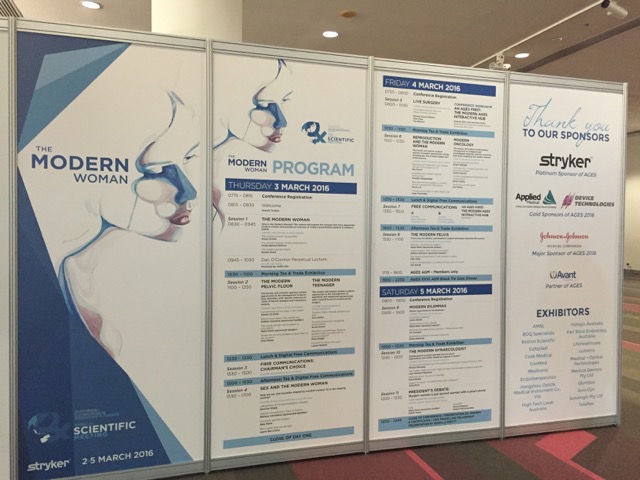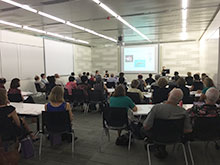Now that it’s February, 2016 is well and truly underway. January seems to go by in a bit of a blur, so now it’s time to get serious about your new year’s resolutions.
As women we often have so many things to juggle. However, our health should never be neglected. The following are three resolutions I think every woman should make:
1. Keep up to date with your pap smears
Let’s be honest, as women, we really don’t like having pap smears. The procedure may be uncomfortable and some women may feel embarrassed. However, having regular pap smears is really important, as it is a screening test for cervical cancer. Pap smears can detect abnormal cells on the cervix, and these can then often be easily treated. The pap smear registry will remind you when your next pap smear is due, so if you receive a reminder, don’t put it off.
2. Fit some exercise into your daily routine
It is very easy to make excuses for not doing any exercise. Many health concerns may be lifestyle-related, so it is important that we make time for regular exercise. The easiest way to do this is to try to fit some exercise into your daily routine, such as taking the stairs or walking to work. That way it won’t seem like something extra to ‘fit in’.
3. Don’t put off those annoying female problems, such as heavy or painful periods, any longer
If you find yourself dreading ‘that time of the month’, then it’s important you do something about it. Many women suffer from period problems such as very heavy or painful periods. There are treatments available to help manage your periods, including hormonal or surgical options. So if you find your periods are problematic, please see your doctor about it.
At GAALS these are all common conditions we see everyday and we would be happy to help you with any of your gynaecological concerns. If you have a gynaecological concern and would like to see us, please call 1300 242 257 or click Contact on our website for further information.










